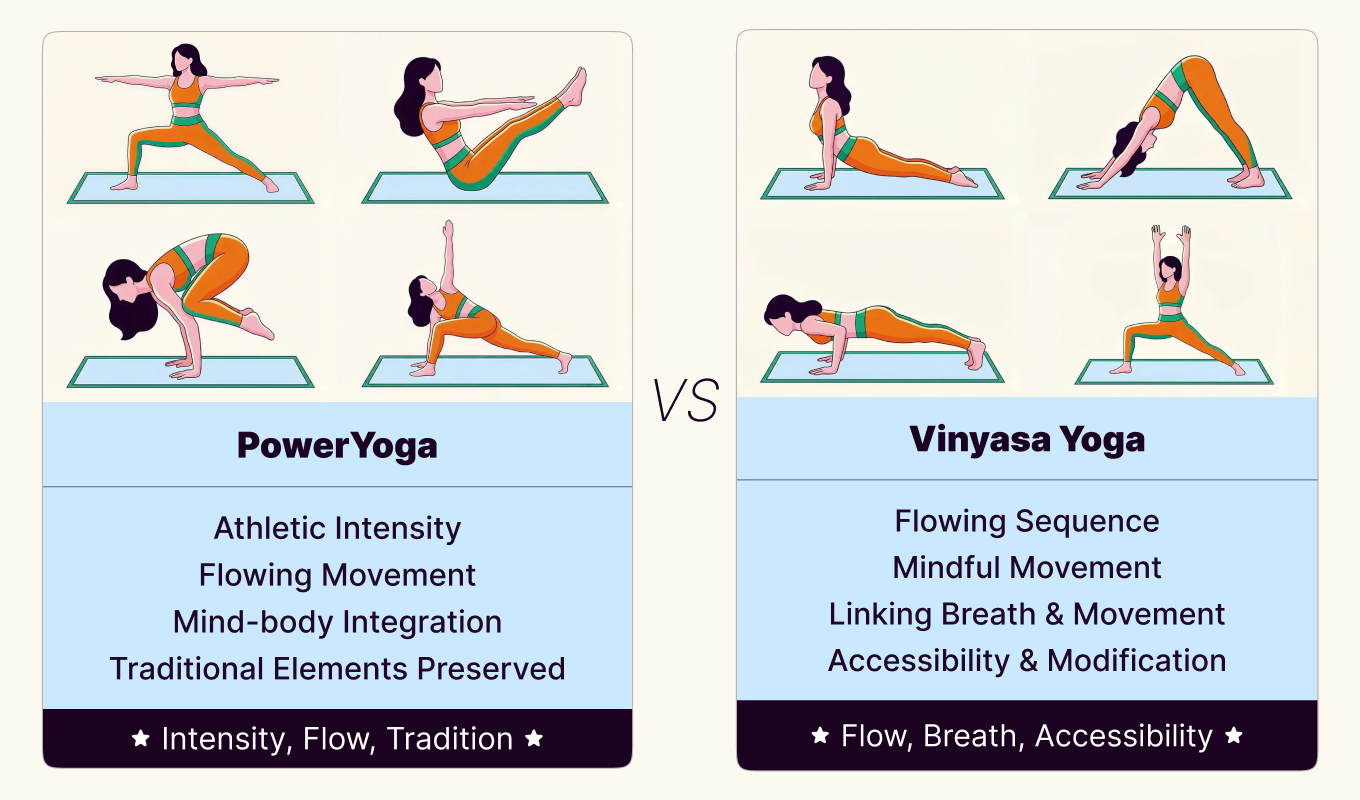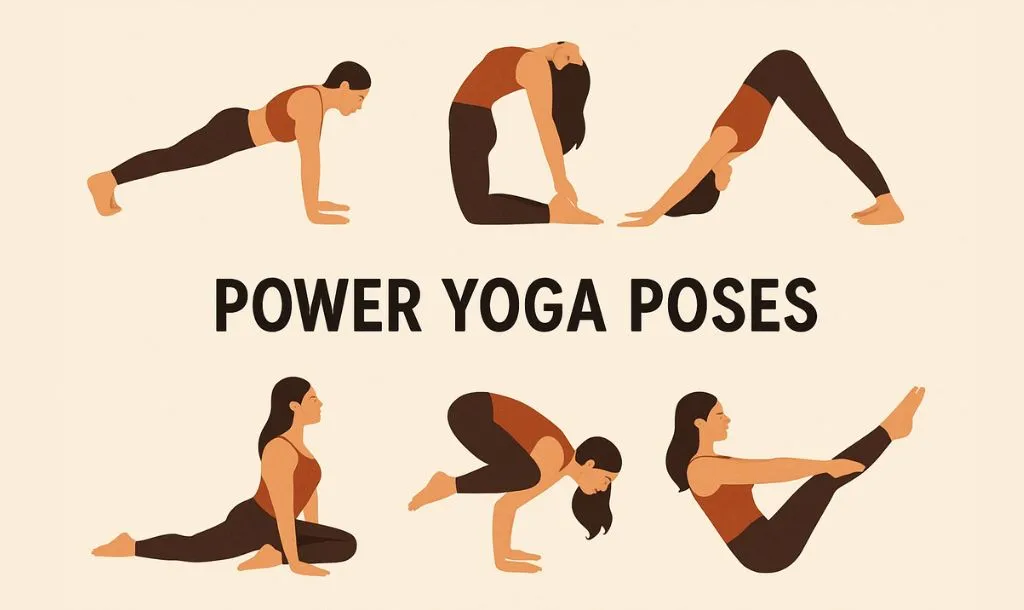What is {{name}}?
Yoga nidra is the yoga of sleep, and it is performed as a deeply relaxing type of meditation practice. In Sanskrit, yoga nidra means “yogic sleep,” as it utilizes the transitional state between waking and sleeping. Yoga nidra is a guided meditation, allowing the practitioner to fully relax and achieve a feeling of wholeness.
During yoga nidra, students can attune their senses to become aware and broaden their consciousness. Anyone can practice yoga nidra, even beginners, and it imparts numerous benefits—like improved sleep patterns, relief from anxiety and depression, emotional healing, and a sense of well-being. Here are a few other things you should know about yoga nidra.
Who it’s for
- Beginner to advanced yogis
- Anyone seeking a restful meditation practice
Who it’s not for
- Anyone can practice yoga nidra
How it will help you
- Improves sleep
- Heals trauma
- Relieves stress and anxiety
- Increases relaxation
- Relieves depression
- Calms the mind
How it will not help you
- Anyone can practice yoga nidra

Enjoy a Free 1-on-1 Session with a Coach!
Receive personalized guidance tailored to your unique fitness goals, live with a dedicated coach—no credit card required.
Questions about {{name}}
Yoga nidra is an effective method of meditation that has a variety of uses. If you are suffering from sleep deprivation, trauma, stress, depression, anxiety, or high blood pressure, yoga nidra can help you achieve greater relaxation and whole body wellness.
You can practice yoga nidra anytime—morning, afternoon, or evening. However, common wisdom cautions against performing yoga nidra right after a meal, since you’re more likely to fall completely asleep.
Whether or not you do yoga nidra in bed depends on your goal for your meditation practice. If you are choosing to practice yoga nidra to calm your mind and body before sleep, you may decide to take your meditation to your bed. However, to experience the full benefits of yoga nidra meditation, it is best to avoid practicing where and when you might fall asleep. Yoga instructors recommend practicing yoga nidra on the floor or yoga mat, with a blanket and eye pillow.
If you’re wondering if there is a difference between yoga nidra and meditation, there isn’t. Yoga nidra is called the “yoga of sleep,” because it is a meditation practice that utilizes the initial stages of falling asleep, tapping into a state between waking and sleeping.
How often you practice yoga nidra is completely up to you. Regular practice imparts numerous benefits, like improved sleep patterns, relief from stress and anxiety, and better concentration.
Yoga nidra is known to help trauma victims and people suffering from PTSD. This type of meditation helps heal trauma by allowing the body to self-regulate, and in the process improve sleep patterns. By allowing the body to fully relax, yoga nidra assists in calming the nervous system and bringing about a sense of well-being










